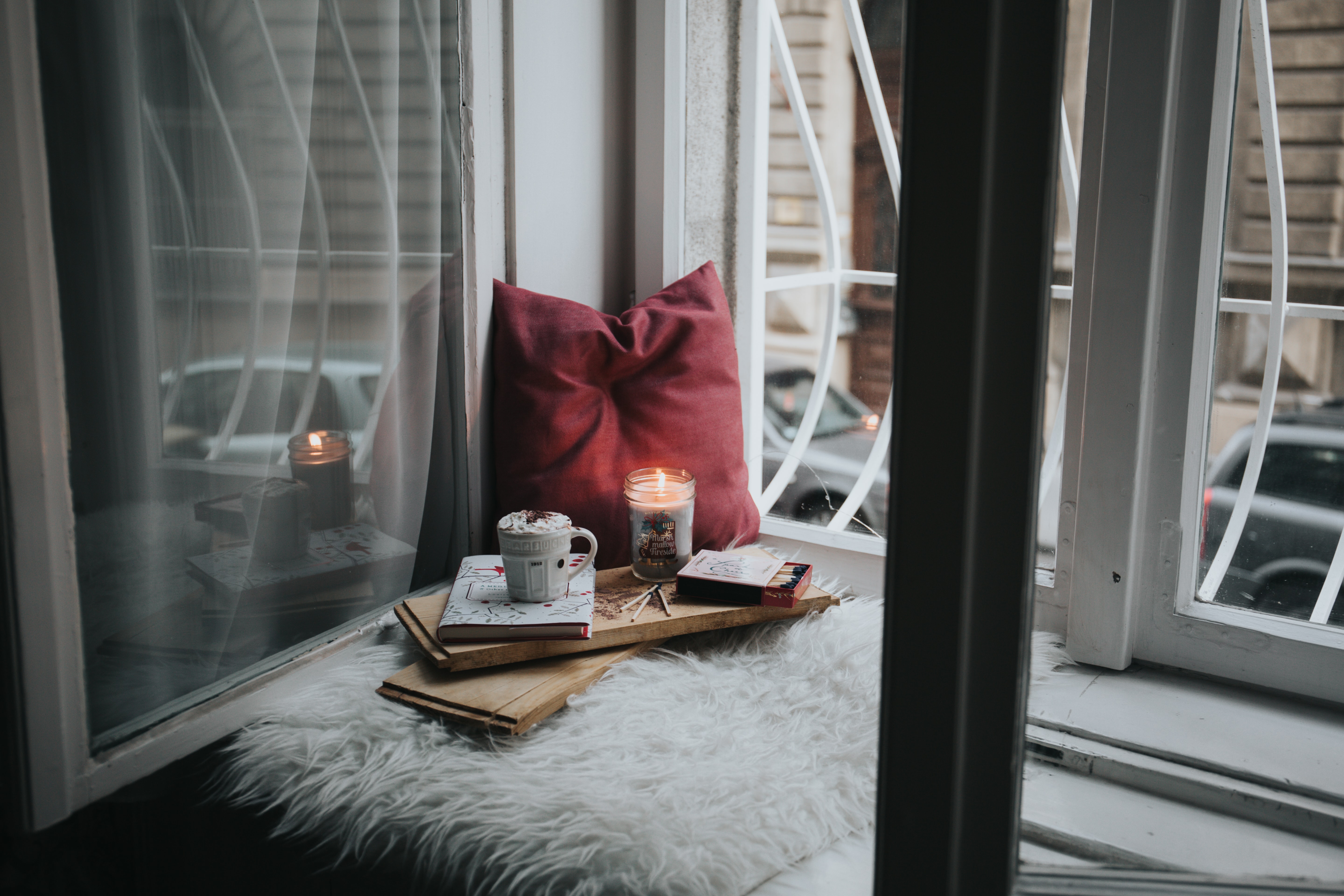Staying at home all day, everyday is an introvert’s dream, right? Yet the stark reality of what this actually looks like during isolation will likely have most introverts tearing their hair out and wishing this Stay a Home period was over sooner, rather than later.
For introverts, home is both a refuge and sanctuary where they can escape the hustle and bustle of modern life. But now that “home” has morphed into dual living and co-working space (and for those with children, a makeshift school), shared with partners, family and children, it’s far from the haven it once was.
Lack of a refuge for introverts to recharge with the solitude they crave can lead to overstimulation and be a major cause of stress and anxiety.
Why is this a concern?
Because when introverts don’t get the solitude they need to function at their best it can affect everything from productivity levels to sleep.
Self-care and setting boundaries are essential for introverts to take charge of their well-being so they can keep showing up as their best selves.
Practically this looks like:
Communicating your needs.
Speaking up and communicating with people in your household is the only way to ensure your needs for space and solitude are met. Confrontation is generally something introverts will avoid at all costs, but when your personal sanity is at stake, it becomes necessary.
Whether it’s asking your partner to wear headphones; limiting phone conversations to a designated space with a closed door; or having a strict “no speaker phone” rule – be willing to have the conversation so you can express your needs and ensure they are met.
Communicating with compassion and empathy is key. Emotions for everyone are running at an all time high right now and for extroverts, whose need for stimulation is the exact opposite, your need for quiet may be hard for them to fathom.
Creating boundaries.
Staying at home all day makes it easy (and tempting!) to slip into unhealthy patterns of working from the couch and then continuing to work, well into the evening.
When work and home spaces become increasingly blurred, setting boundaries to discern between the two is essential.
Consider establishing routines and rituals that help signify the end of your work day. This could be anything from doing an online workout class; taking a bath, or preparing the evening meal.
This way, you allow yourself the space to switch off and unwind, ensuring you have time to decompress at the end of each day.
Being mindful of your energy.
Introverts are likely feeling particularly sensitive with heightened emotions right now, which makes protecting your energy key.
Feeling overwhelmed and helpless is normal, but there’s no need to exacerbate this by mindlessly scrolling social media and watching the news. This doesn’t solve anything and only adds to feelings of overwhelm.
Set limits on how long you’ll spend consuming news and scrolling social media, and make sure this is well-balanced with things that help recharge your energy.
Curate a Stay at Home Introvert Survival Kit.
Some of the things in your Stay at Home Survival Kit could include:
- Noise-canceling headphones. Need we say more?
- Brain FM focus music to help you concentrate during the day and block out the noise in your home. Tune into the Relax channel at the end of each day to help you unwind.
- Epsom salts so you can indulge in soothing baths at the end of your day to help relax your muscles.
- Essential oils like lavender, chamomile and clary sage – add a few drops to your diffuser or your bath to help calm your anxious mind.
The good news is that figuring out a ‘new normal’ that works for you and supports your introverted nature is entirely possible. It means making some intentional tweaks so you can find your sweet spot and set yourself up for success.


